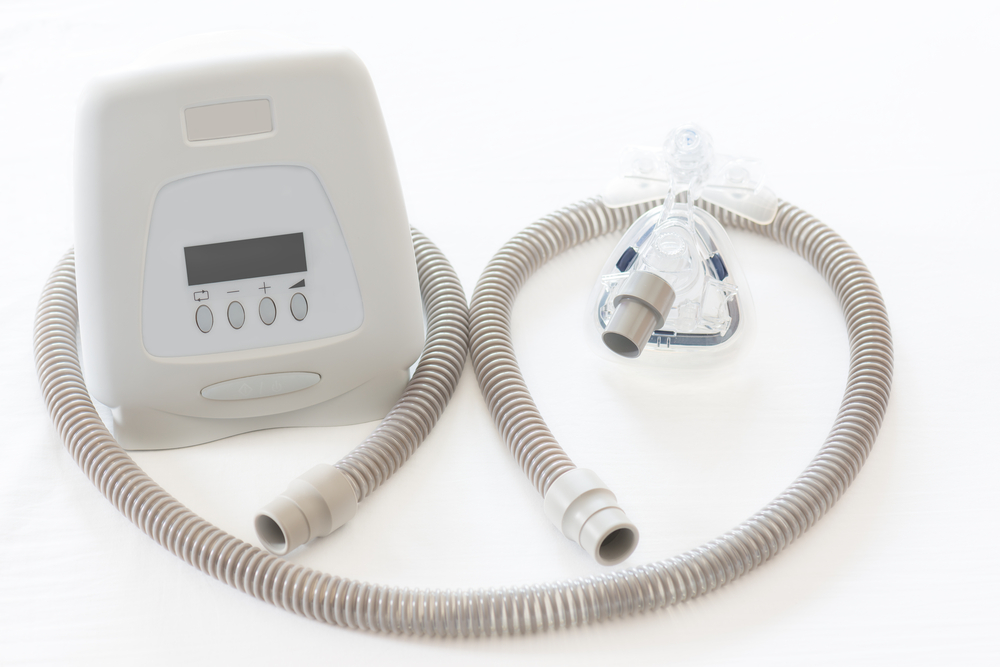Problems continue to grow for Philips Respironics, the internationally-known maker of breathing devices with headquarters in Pennsylvania.
In June of 2021, the company was forced to recall more than five million continuous positive airway pressure (CPAP) and bi-level positive airway pressure (BiPAP) machines due to faulty sound abasement foam.
It was determined that the foam, made with a polyester-based polyurethane (PE-PUR) material, could break down. If absorbed by a patient, serious conditions, including severe respiratory problems and even cancer, could occur.
This spurred the company to begin a massive repair/replacement program with an estimated finish time in 2023. It also set off an inquiry by the Department of Justice into whether or not Philips’ procedures met federal requirements for recall notifications or if they did not disclose information promptly.
Further, because of the number of individuals filing CPAP lawsuits against the company, multidistrict litigation (MDL) was created in the U. S District Court for the Western District of Pennsylvania. Because of the number of Philips CPAP, BiPAP, and ventilators used in the United States, upwards of 1.5 million, more CPAP lawsuits are being filed daily.
The beleaguered company continues to be hit with challenges with its devices. In three weeks, the FDA has handed down two new Class 1 recalls, the most serious type of recall, alerting the public that the use of the device may cause serious injury or death.
The most recent, issued on Oct. 19, was over the use of magnets. The recall, first initiated by Philips in August, is based on findings that masks used with particular CPAP and BiPAP machines had magnets that could interact with implanted medical devices in patients and others in close proximity. The medical devices include pacemakers, implantable cardioverter defibrillators, neurostimulators, aneurysm clips, ocular implants, and metallic stents.
On Sept. 23, the FDA handed Philips a Class 1 recall for BiPAP devices containing contaminated plastic. It was found that the contamination could not only stop the machine from working but, if the contamination was in the motor, volatile organic compounds (VOCs) could be released. According to the recall, if a person inhales VOCs, risks range from headaches to allergic reactions to cancer-causing effects.
On Oct. 26, the parent company of Philips Respironics, Royal Philips NV, announced a plan to cut 4,000 jobs as a cost measure, partly because of the large number of recalls. According to a Wall Street Journal article, the move would save about 300 million euros, equivalent to about $296 million a year.
Class 1 Recalls Related to Philips Breathing Devices
October 2022: Philips Respironics recalls certain masks for BiPAP, CPAP machines due to safety issues with magnets.
September 2022: Philips Respironics recalls certain BiPAP machines for plastic issues that may expose patients to certain chemicals of concern.
March 2022: Philips Respironics recalls all V60 and V60 Plus Ventilators for power issues that may cause ventilators to stop with or without alarms.
January 2022: Philips Respironics recalls V60 and V60 Plus Ventilators for expired adhesive.
January 2022: Philips Respironics recalls certain Trilogy EVO Ventilators for potential risks from foam.
August 2021: Philips Respironics recalls V60 and V60 Plus Ventilators due to faulty software that could cause reduced oxygen.
June 2021: Philips Respironics recalls several brands of ventilators, BiPAP, and CPAP devices due to faulty sound abatement foam.
Recalled CPAP Device Legal Help
Sleep apnea is a condition that can affect a person’s daily life. It can cause headaches, extreme fatigue, impaired memory and concentration, and even lead to diseases, including diabetes and pulmonary hypertension. For those suffering from sleep apnea and others who benefit from products like those recalled by Philips Respironics, the challenge of a complex product recall may be too much to handle alone. Consulting with a product liability attorney with expertise in the Philps CPAP recalls could help decide the best path forward.













